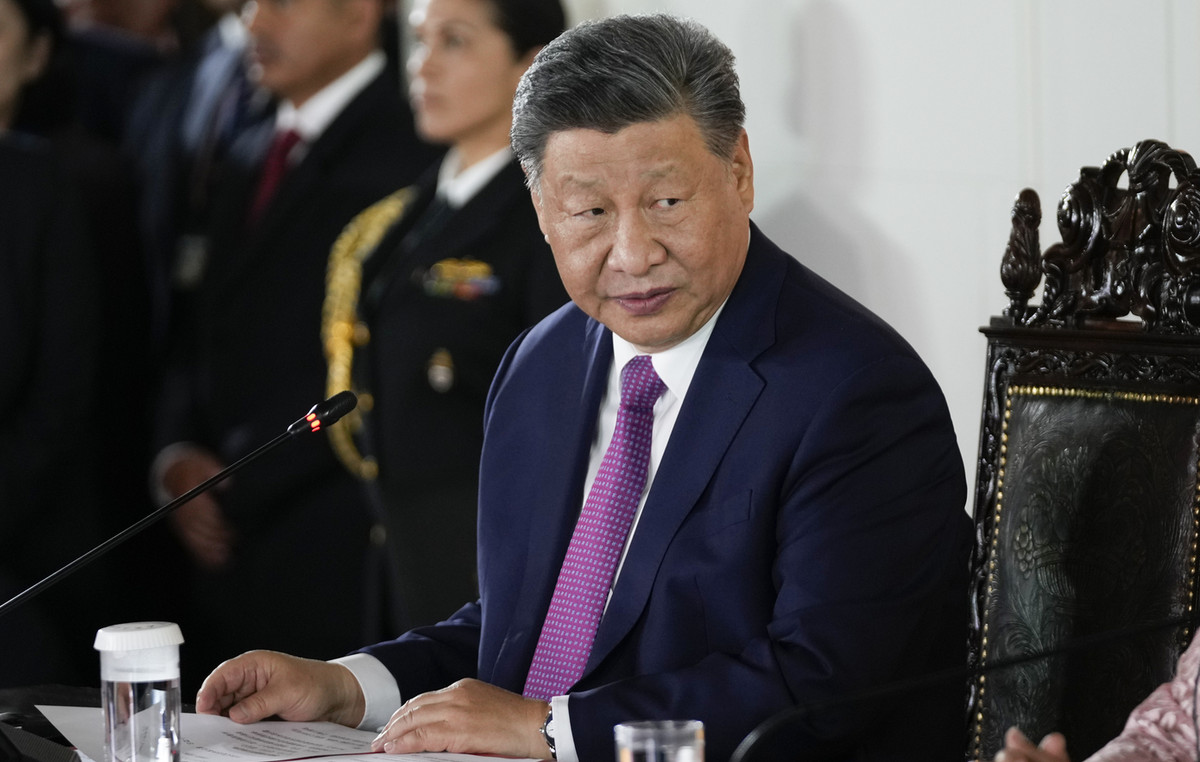The final Iowa poll released this weekend showed Kamala Harris slightly ahead of former President Donald Trump in the US election — in a state he had previously won — thanks in part to support among women for the vice president, highlighting the role that gender played in this election.
This gender gap has also been seen in other states, said Sara Sadhwani, an assistant professor of politics at Pomona College.
But, she assesses, this gender gap breaks down along lines of educational attainment — meaning that women with college degrees tend to be more supportive of Harris, while men and women without college degrees lean the other way.
And these women can have a strong influence on the election, as they tend to be a more reliable voting bloc, she added. While Trump has the support of many young people, this demographic is not always reliable — meaning they may not turn out to vote, perhaps because “they don’t always see the outcome of an election as something that will actually benefit them in the future,” Sadwhani told Rosemary Church of CNN this Monday (4).
Immigrant communities and people of color also play a significant role, Sadwhani said. She pointed to Pennsylvania, where there are about 100,000 Indian-American voters and a large proportion of Puerto Rican-Americans — who could potentially be swayed by Harris following the offensive joke against Puerto Rico made recently at a Trump rally.
“Particularly in recent weeks, Donald Trump has gone on a rampage… castigating immigrant communities and stereotyping them, in ways that certainly don’t always sit well with many of those communities,” she said.
This content was originally published in Two crucial groups must decide the US election, says expert on the CNN Brasil website.
Source: CNN Brasil
Bruce Belcher is a seasoned author with over 5 years of experience in world news. He writes for online news websites and provides in-depth analysis on the world stock market. Bruce is known for his insightful perspectives and commitment to keeping the public informed.







